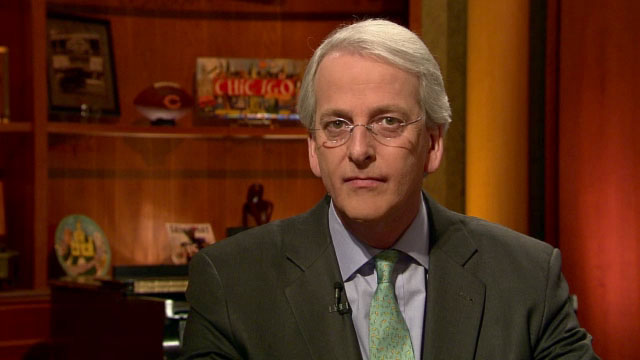
From Nick Hopkins, Guardian: The UK and other European countries must use the money saved by withdrawing from Afghanistan to re-equip their military and help reverse worrying cuts in defence spending, the American ambassador to Nato will warn on Tuesday.
Ivo Daalder said if Europe did not invest in new capabilities, its over-reliance on America would continue at a time when Washington had made the far east and China its new strategic priority.
"If we don’t start soon in investing in those capabilities then the gap between the US and the rest is going to grow. And if it is bad now, then it will be worse. If we have problems, they will be even worse."
The ambassador’s remarks come as the UK and the US prepare to withdraw thousands of troops from Afghanistan in 2013 in advance of the deadline to end all combat operations by the end of 2014. . . .
Daalder believes Nato allies should plough these savings back into military equipment that is urgently needed to maintain the organisation’s strength.
He said last year’s Libya campaign had shown Nato was capable of reacting quickly and effectively to a crisis, but warned it had also exposed "worrisome trends" in Europe’s ability to act without relying heavily on US help. . . .
He revealed the US had sold some advanced munitions to Nato during the Libya campaign because European stockpiles were running out, and there were a "number of other critical capabilities that the US provided in spades".
"In the end we had enough and we were able to resupply and sell equipment," said Daalder. "But it did demonstrate that stocks of equipment had run out and that people were not investing sufficiently to have these capabilities."
For this reason, he said, countries withdrawing troops from Afghanistan should not use the peace dividend to spend on other parts of their budgets.
"That investment, that cost of the operations in Afghanistan [should] be retained and be reinvested in re-equipping the force, investing in new capabilities down the line. What we don’t want to see is, as the troops come home because the job is done, we take those savings and pump them into other parts of the budget. We would like those savings to be reinvested in real capabilities because, in part, the expenditure on Afghanistan has come at the cost of procuring new capabilities."
Daalder’s remarks reflect concern in the US that Europe cannot wean itself off American military help. The White House wants Europe to shoulder more of the burden to keep Nato robust.
Daalder said the lack of munitions for the air campaign over Libya was "a signal that there is a lack of investment in critical core capabilities by the alliance, and that the continuing cuts in defence spending raise, over time, serious questions about sustainability.
"Not whether we can start a conflict, but whether we can sustain a large-scale conflict over time. Those are the kinds of issues we focused on in the aftermath of the Libya war and are now on the agenda. . . ."
According to MoD figures, the UK spent £4.1bn on its military effort in Afghanistan in 2011-12. This will fall to £3.6bn in 2013. The Treasury has been pushing for an early withdrawal from Afghanistan to save money and has no plans to increase spending on defence. (photo: WTTW)
Image: wttw%205%2031%2012%20Ivo%20Daalder.jpg
